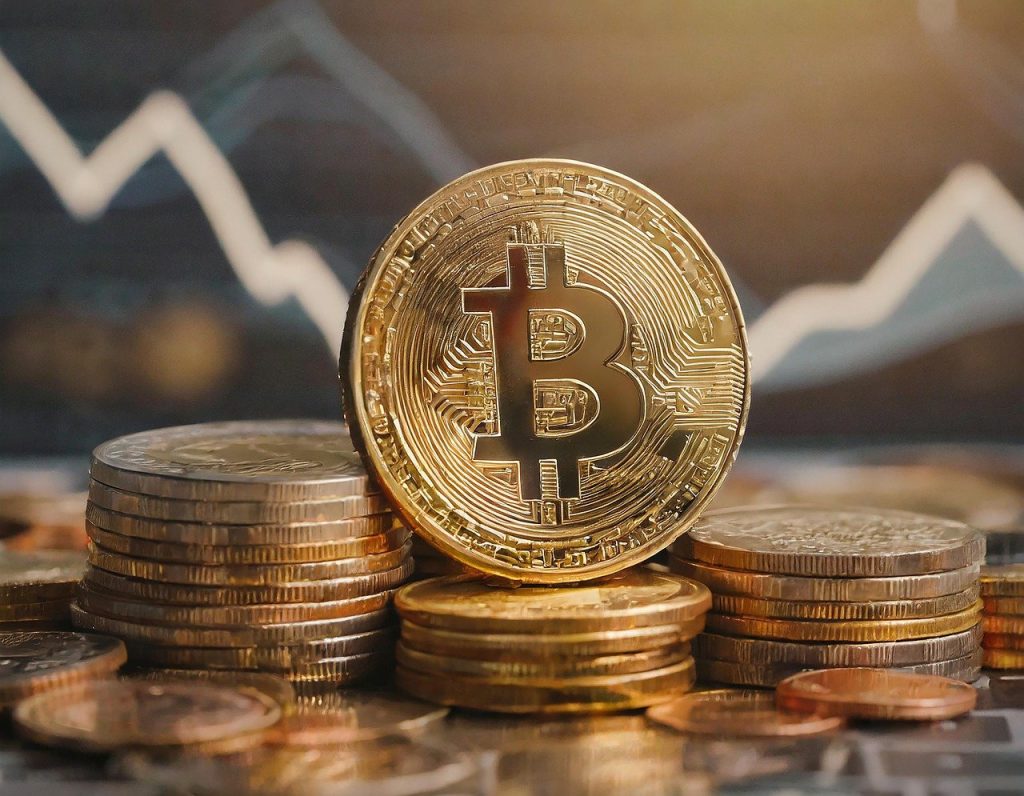Bitcoin Cash isBranch Bitcoin, the oldest and most well-known cryptocurrency in the world. Unlike custom-built networks like Ethereum (ETH), Bitcoin Cash intends to offer an alternative to the Bitcoin network by proposing a different scaling solution to the Bitcoin Core codebase. The main difference between Bitcoin and Bitcoin Cash is the block size. Bitcoin Cash (BCH) is currently#18the largest cryptocurrency by market capitalization, boasting a value of just under $13.5 billion and a price of $725 per BCH. Interested in Bitcoin Cash (BCH) but not sure what it’s all about or where to start? Do not worry. This guide is designed to teach you everything you need to know about the project and prepare you to jump into the most user-friendly trading experience available on the market.
What is Bitcoin Cash (BCH)?
Since its inception, many have asked questions about Bitcoin’s ability to scale efficiently. While blockchain is a revolutionary data recording technology, the Bitcoin blockchain chooses security and stability as a priority over scalability.
This makes Bitcoin slow, especially compared to credit card transactions like Visa, which can process around 1700 transactions per second. Bitcoin, on the other hand, can only process 7, and each batch of transactions takes up to 10 minutes to process (depending on the block time).
Bitcoin Cash was created by a group of Bitcoin miners and developers who were equally concerned about the future of the cryptocurrency’s ability to scale efficiently. However, unlike most BTC miners, this group of miners did not like the SegWit2x upgrade and decided to increase the size of each block on the blockchain.
Thus, Bitcoin Cash officially became a separate cryptocurrency in August 2017, being a separate branch of the so-called hard fork of the Bitcoin blockchain.
How does Bitcoin Cash work?
Because its code is so similar to Bitcoin’s, the two cryptocurrencies have a lot in common. The way a user operates Bitcoin Cash is no different from the way a user operates Bitcoin.
The difference is only in the scaling preferences; where Bitcoin chooses technologies that would help it scale without increasing the block size, Bitcoin Cash chooses to use an increased block size while rejecting all scaling efforts made by integrating the new technology.
Bitcoin Cash also runs on the same proof-of-work consensus mechanism as Bitcoin, using the Secure Hash Algorithm (SHA).
Who Are the Founders of Bitcoin Cash?
Bitcoin Cash was founded by a group of cryptominers and developers who, tired of fighting for a scaling solution, decided to publish the code that changed it, forcing the so-called hard fork.
The Bitcoin ABC software that would then create Bitcoin Cash was first revealed in June 2017. The cryptocurrency was released to the public on August 1, 2017, after it had completed its testing period. Roger Ver is often regarded as the most recognized Bitcoin Cash promoter. However, he did not create Bitcoin Cash, but rather allied himself with the project, supporting the vision of this Bitcoin fork.
What Makes Bitcoin Cash Unique?
Unlike Litecoin, which seeks to act as Bitcoin’s sibling, Bitcoin Cash is a direct competitor to Bitcoin. Its uniqueness lies in the fact that its scaling solution is an increased block size, rather than Bitcoin’s SegWit or Lightning Network.
At the moment, Bitcoin Cash can process up to 61 transactions per second, which means that its current ceiling of network transactions is much higher than Bitcoin’s.
Bitcoin Cash derives its value from its limited supply (21 million), which means that there is a fixed rate at which BCH enters circulation until all coins are mined. In addition, the ever-increasing demand for cryptocurrencies that can handle transactions in a fast and cost-effective manner provides BCH with great value.
How Many Bitcoin Cash (BCH) Coins Are There in Circulation?
Bitcoin Cash has the exact same number of coins as Bitcoin, with a total supply of BCH of 21 million coins. Its current circulating supply stands at just over 18.5 million coins, about 89% of the total supply.
As with Bitcoin, miners act as validators and are rewarded for their computing power. At the moment, each block puts 12.5 additional BCH into circulation until the number reaches 21 million. However, Bitcoin Cash will face a halving in April 2021, where the reward for its miners will be halved.
How Is the Bitcoin Cash Network Secured?
There is no difference between how secured the Bitcoin network is and how the Bitcoin Cash network is secured. Both networks operate on the same set of rules, and both have the same consensus mechanism. The structure of the proof-of-work algorithm and the set of miners who use it to verify transactions are the cornerstones of Bitcoin Cash’s security.
Bitcoin Cash is intended to be used as a payment method, and its use cases live up to this claim. This cryptocurrency is still little used because few vendors accept it. Bitcoin Cash, however, is striving to achieve its goal of becoming a peer-to-peer electronic payment system.
There are many wallets that can store Bitcoin Cash. Depending on their security and functionality needs, users will choose a wallet that suits them. Kriptomat is a great place to store your BCH because it offers great functionality (buying, selling, exchanging for other cryptocurrencies) without compromising on security.

